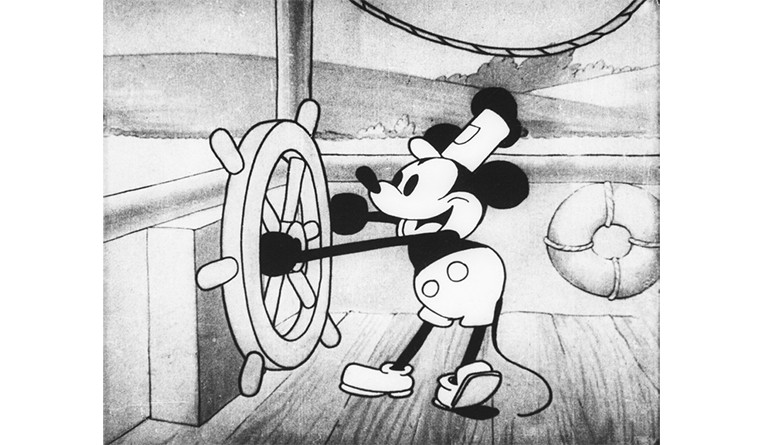Steamboat Willie enters into public domain; IP lawyer gives his thoughts
15 January 2024

Picture: The Walt Disney Company

Mudit Kaushik, Partner, Verum Legal, Delhi
The iconic Steamboat Willie, the earliest version of Mickey Mouse, officially entered the public domain on January 1, 2024. Then, just hours after this development allowed imaginative creators to use the persona freely, a trailer for Mickey’s Mouse Traps, a horror-slasher film, dropped on YouTube. A video game featuring Steamboat Willie is also in the works.
However, Mudit Kaushik, a partner at Verum Legal in Delhi, said that this new liberation only applies to the 1928 iteration of Mickey Mouse. Any subsequent developments of the character, marked by familiar rounded ears and distinct personalities, are still protected by Disney’s copyright. “While the public domain welcomes reinvention of the original Mickey, leveraging his image for commercial purposes or generating content featuring his later incarnations without express permission from Disney remains strictly prohibited,” he clarified.
He added: “Furthermore, Disney maintains a robust portfolio of trademarks, including the name and various visual representations of Mickey Mouse. These trademarks safeguard the character’s distinct identity, ensuring an unwavering association with the Disney brand. Therefore, while artistic reinterpretation of Steamboat Willie is permissible, exploiting later versions of Mickey on merchandise or in works potentially leading to consumer confusion with Disney is expressly forbidden.”
Kaushik highlighted that Disney’s trademark protection “extends beyond mere appearance, covering even the characteristic gestures and personality traits that have cemented Mickey’s status as a cherished cultural icon.”
He also emphasized that not all versions of a character fall into the public domain simultaneously. “Later iterations with distinct visual elements or personalities might still be under copyright protection. For instance, while the classic Sherlock Holmes with the deerstalker hat is fair game, his modern movie counterpart with high-tech gadgets remains protected,” he said.
- Excel V. Dyquiangco






